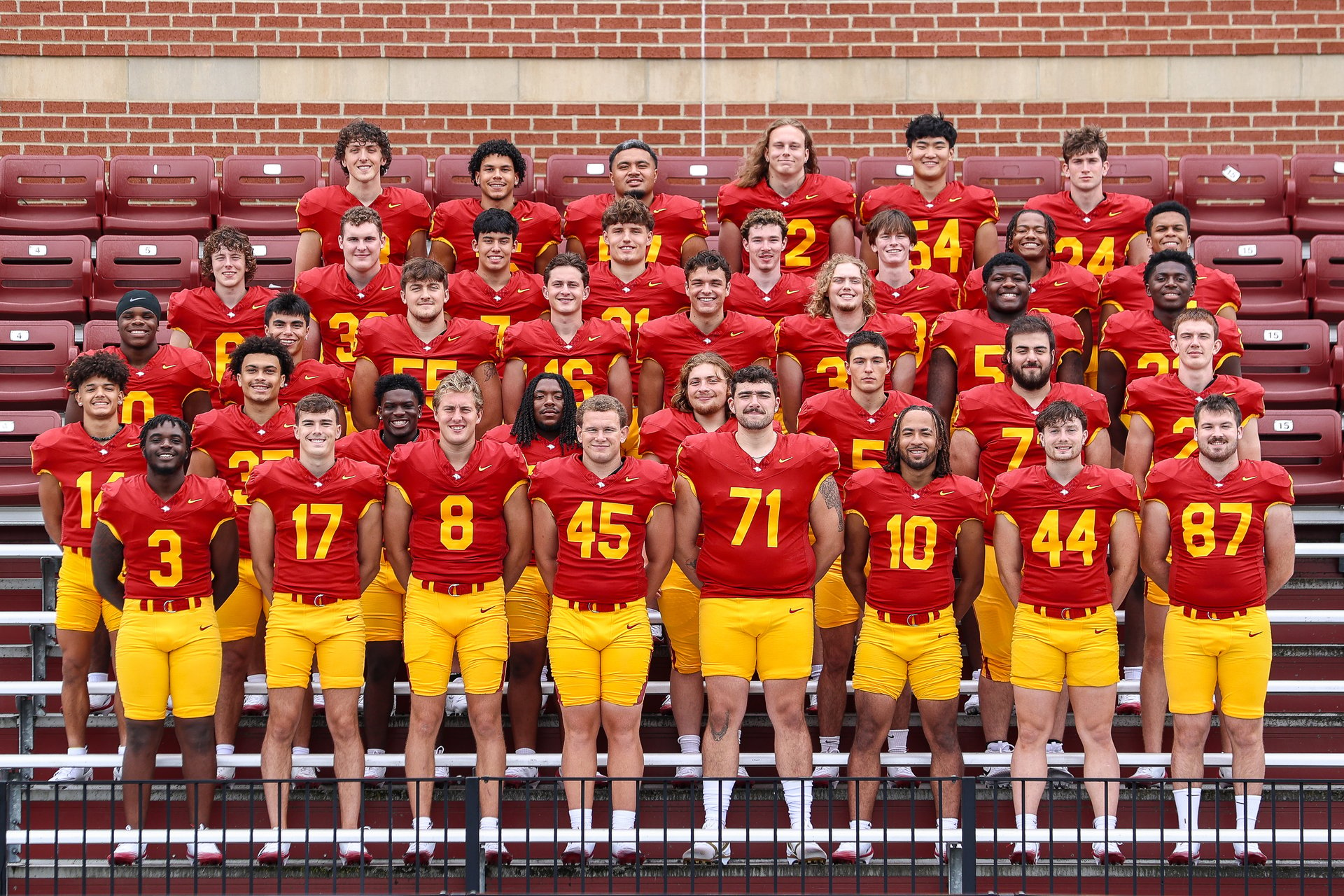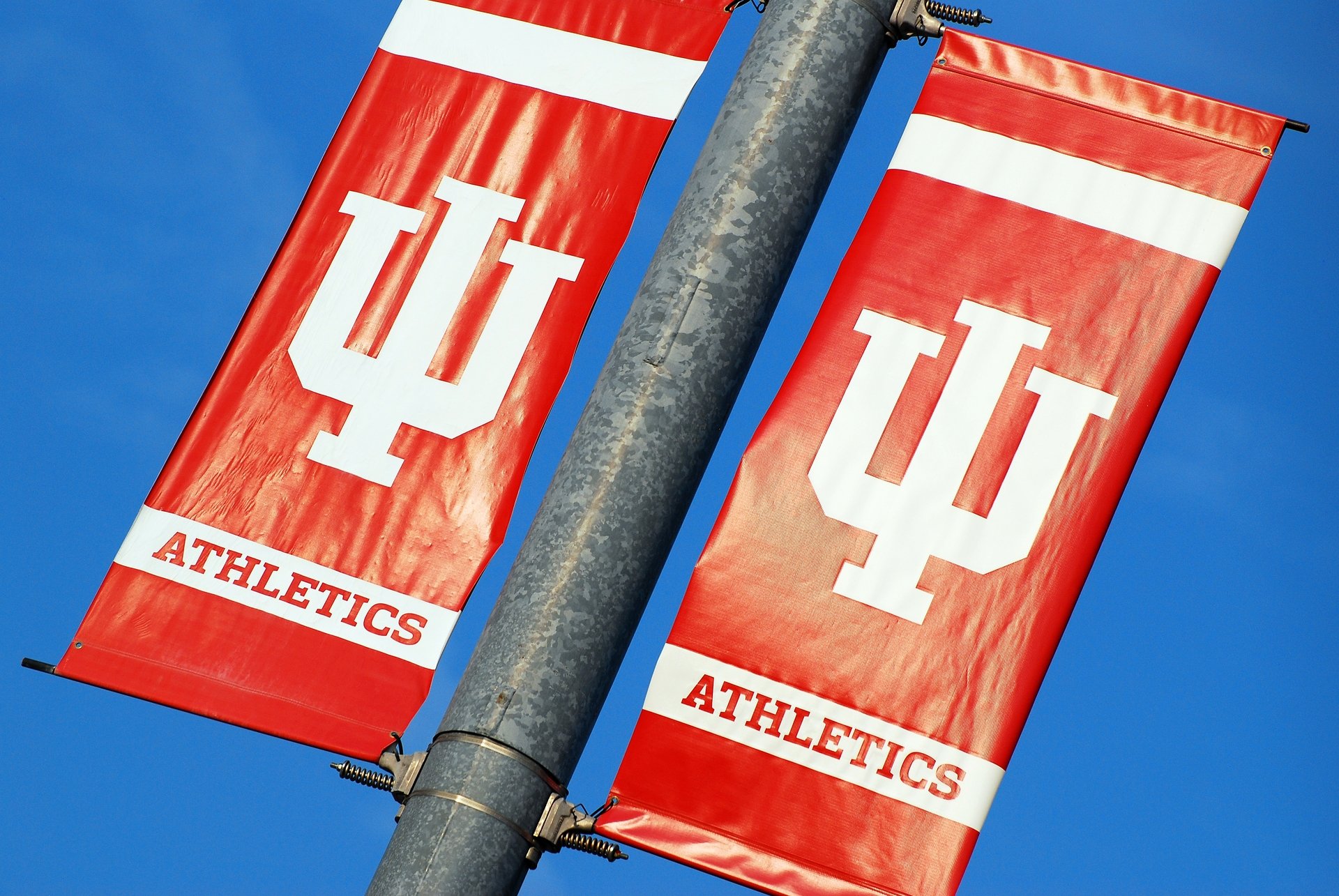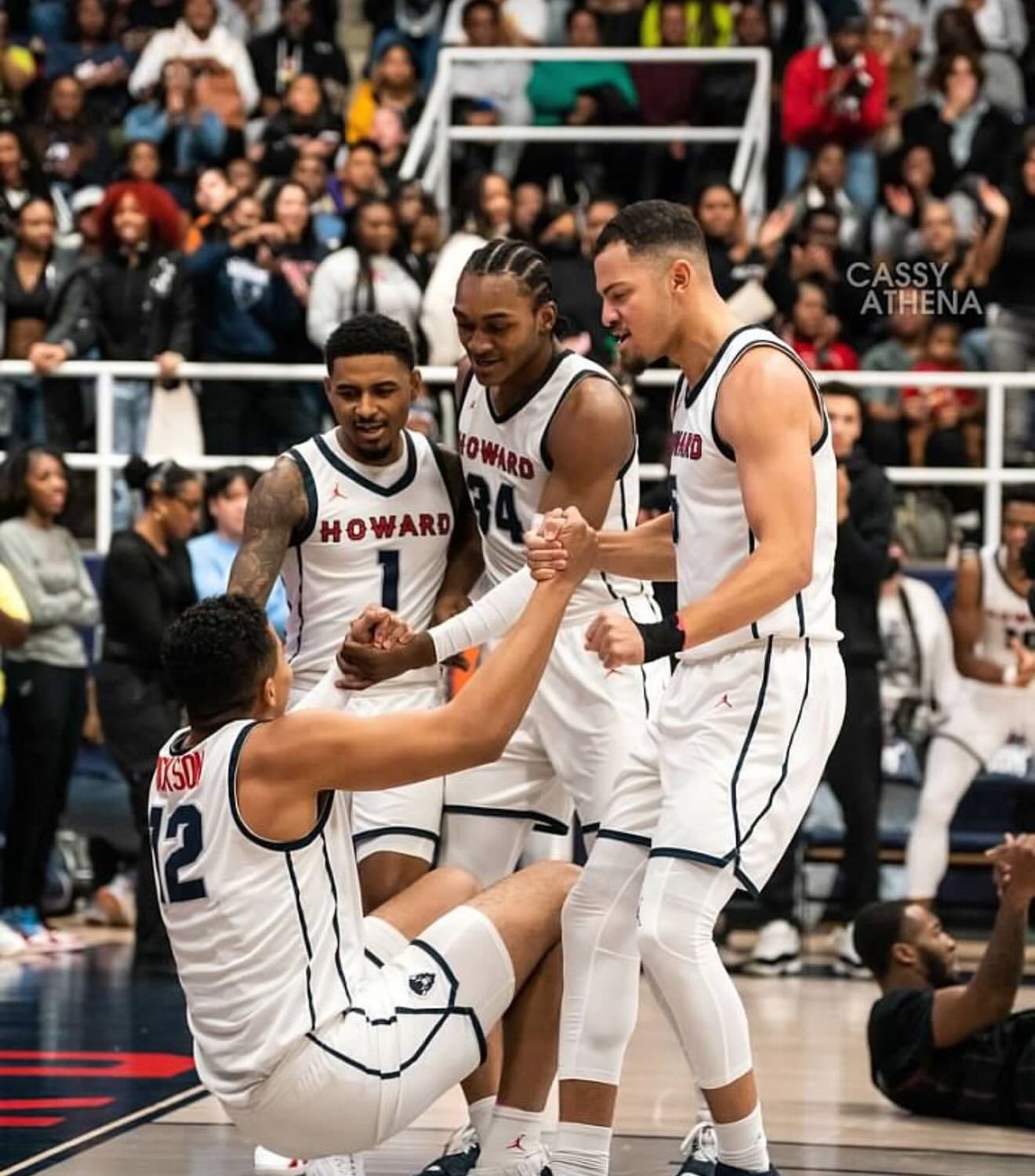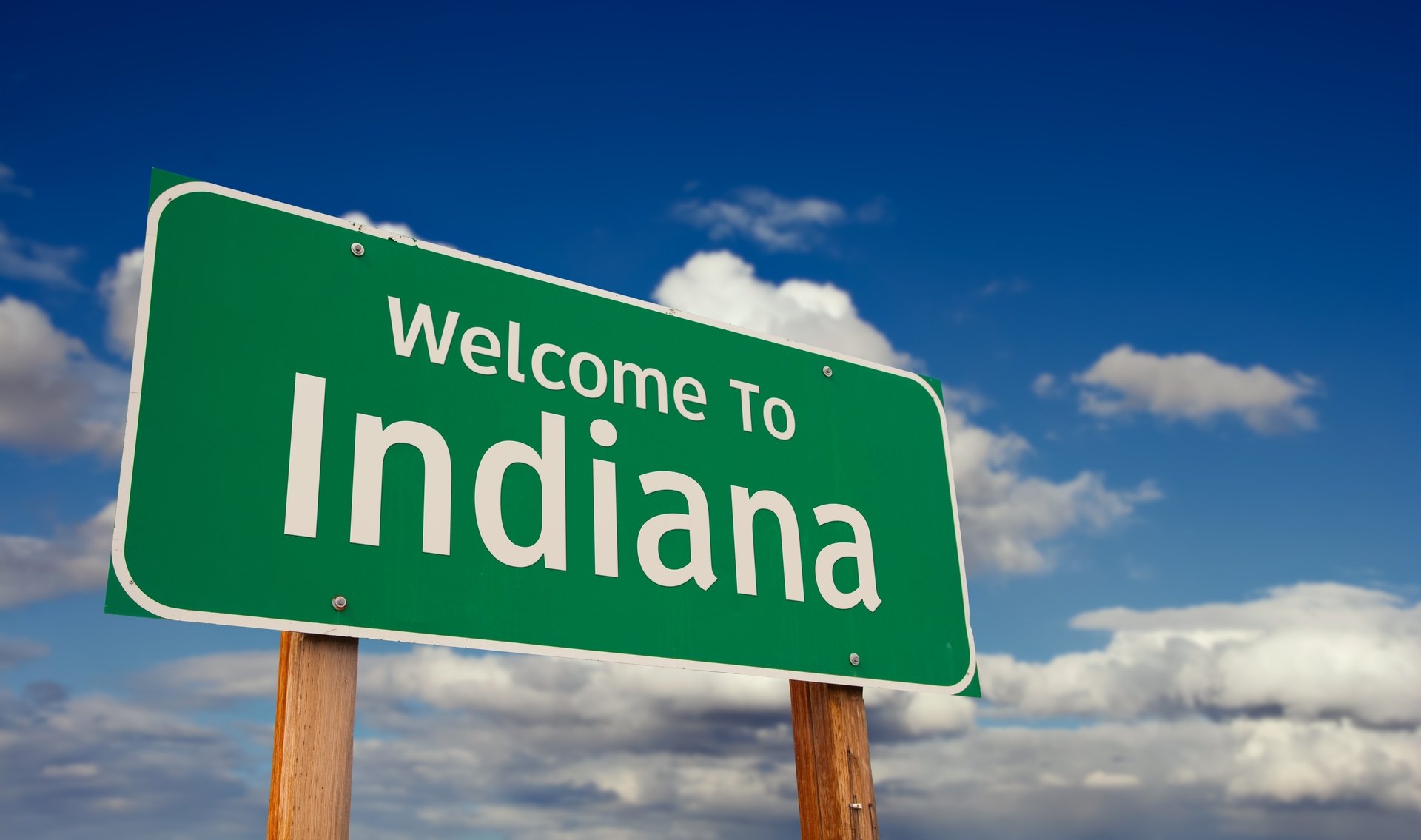Good morning, and thanks for spending part of your day with Extra Points.
As a quick reminder: I happily accept (and pay for) freelance submissions on a rolling basis. If you’re interested in publishing a story on Extra Points, shoot me an email with FREELANCE PITCH in the subject line. I am looking for reporting or analysis of off-the-field stories in college athletics, ideally from perspectives or expertise different from my own.
Today, I’m happy to share one of those stories. Today we’ll be hearing from a first-time contributor, Matthew Wein. Matthew is a former staff member for the House Committee on Homeland Security, with a long career in national security/cybercrime issues.
He reached out to me with an interesting idea…using his security framework to examine a major potential risk in college athletics….gambling.
His thoughts are below:
Sports gambling is getting a lot of attention right now. Some attention is wanted and of its own making. After all, there are television ads, billboards, and podcast ads that seem inescapable. But other attention has focused on negative aspects of the expansion of online gambling.
Most notably, there was a Senate hearing in December 2024 along with other news articles focusing on the societal ills that come from gambling addiction and how the gambling platforms attempt to lure gamblers in with high risk bets. And the biggest story at the moment is the Jontay Porter case, expanding to include at least three men’s college basketball programs.
Leagues, teams, and states recognize that the increase in access to gambling represents a threat to the integrity of their matches. This is why each state and nearly every league in professional and college sports have sports integrity monitors to try and catch gamblers who want to abuse legal betting markets. This is one of the main arguments for legalizing gambling—if the bets are above board and in the open, then people like integrity monitors can more easily catch the bad guys.
But like the government before 9/11, where the FBI, CIA, NSA, Military, and local law enforcement were all tasked with preventing terrorist attacks, there is not just one integrity monitor scrutinizing betting markets.
The private sector has filled the void to assist states and leagues in catching cheats and many firms use tremendously granular data from the betting platforms, coupled with powerful technological tools, to keep people on the straight and narrow. Those private firms are competitors, however, and do not necessarily cooperate or share information, which leaves gaps for gamblers to abuse when making multiple wagers across state lines.
To anyone who followed the 9/11 Commissions’ investigation, read the Commission report, or paid attention to national security government reform in the wake of 9/11, this will sound pretty familiar.
Want to read the rest of the newsletter? Subscribe today!
Premium Subscriptions make Extra Points possible. Upgrade today to get access to everything we write:
Upgrade to Premium for just nine bucks a month:


















